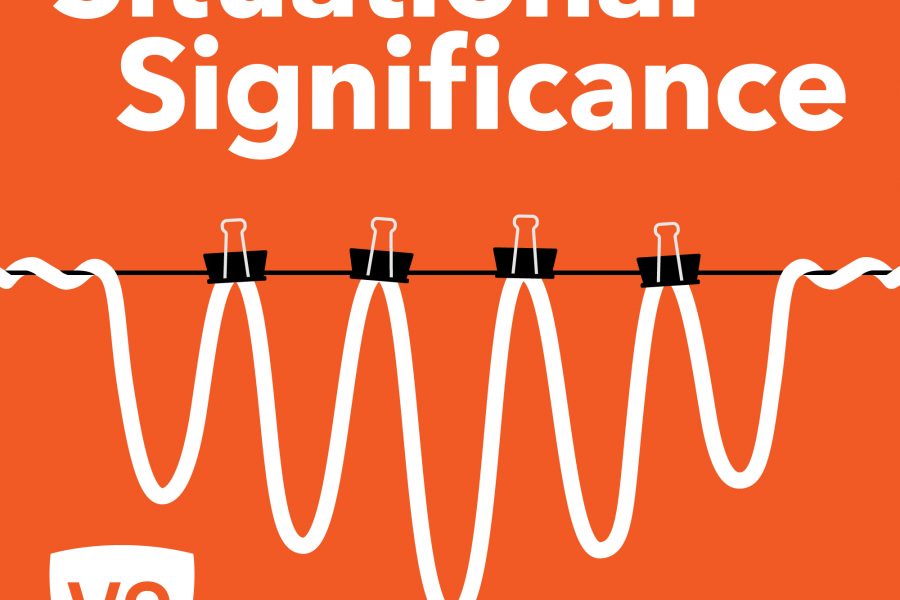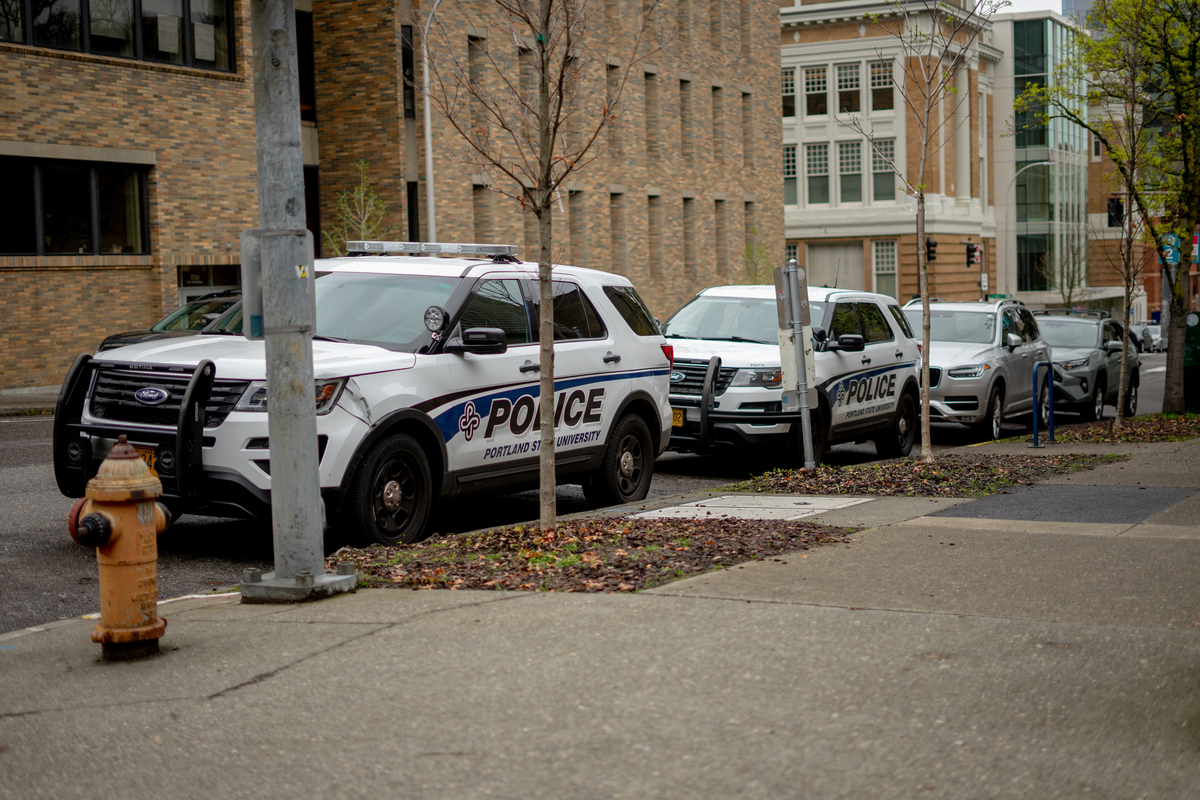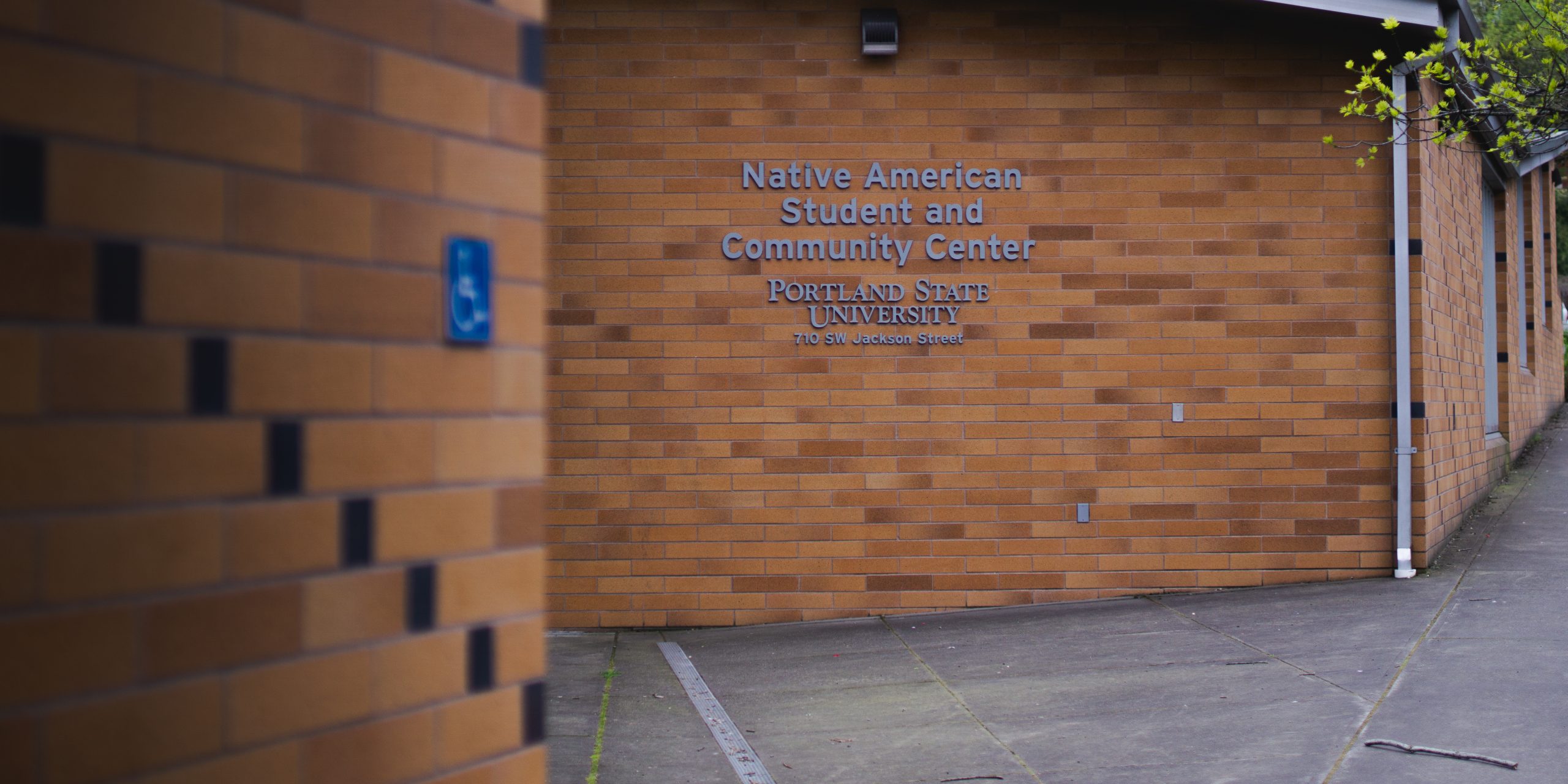Portland State is in little risk of losing its accreditation status, but there’s still work to be done, according to multiple sources involved with securing PSU’s accreditation.
According to Brian Sandlin, Accreditation and Compliance Coordinator, PSU has taken many steps to ensure that PSU remains accredited after being flagged as “out of compliance” with accreditation standards in 2015.
According to the Northwest Commission on Colleges and Universities, the organization that provides accreditation for PSU, accreditation is: “a voluntary process of recognizing educational institutions for performance, integrity and quality that entitles them to the confidence of the educational community and the public.”
Losing accreditation as a university would entail losing access to federal funds.
“We are accredited,” Sandlin said, addressing the Student and Academic Affairs Committee on Sept. 24, “We’ve been accredited since 1955. We will continue to be accredited. We are not in danger of losing our accreditation at this point. That would be many years down the road, and we have lots of opportunities to correct our course before we are ever in danger of losing our accreditation.”
In January of this year, the NWCCU sent a letter to the then acting president Rahmat Shoureshi, informing him that PSU was “out of compliance with the NWCCU standards for accreditation.”
Since then, PSU has implemented multiple programs to ensure the university remains accredited.
In 2015, after PSU submitted its Year 7 report, the NWCCU sent the university several recommendations in order to remain in compliance with accreditation standards.
A Year 7 report is a required self-evaluation of standards and eligibility requirements by the university that is sent to the NWCCU every seven years in order to get accredited.
The main issue putting PSU out of compliance with NWCCU accreditation standards was that less than half of PSU’s undergraduate programs and about one-third of the graduate programs had student learning assessments in place.
In order to meet NWCCU standards, 100% of programs at PSU must have clear student learning assessments put in place by the university’s next Year 7 report, which is due in 2022.
Since PSU was flagged as out of compliance, improvements have been made, according to Sandlin.
“To give you an idea, undergraduates are now at 64.2% having assessment plans and graduate programs are at 54.8%,” Sandlin said. “In our ad-hoc report, we committed to the NWCCU that we would be at 100% compliance by the time of our next Year 7 report, which is in 2022. It’s an annual process, so it moves slowly, but it is working.”
Sandlin said there are a few factors getting in the way of 100% compliance right away, such as program chairs and directors being unaware of the requirement, not having enough resources to get assessment plans laid out right away, and departments disagreeing on a specific assessment plan.
Ultimately, Sandlin considers the work the university has done a success and reiterated that PSU has ample time to be in 100% compliance.
“That report is due in 2022, but the work goes in well before that. So we are making strides, we are making efforts to be at 100% compliance by the time of our next meeting report,” he said.
According to Interim President Stephen Percy, student assessment plans should successfully gauge whether students are able to demonstrate skills they were intended to learn in a program.
“You’re looking at the students work of various forms—be it essays, or it could be papers, or it could be team exercises—and you look at them to see if they demonstrate those goals or learning outcomes.”
“It’s a process where the teachers look at the products of students,” Percy said.
Ultimately, Sandlin sees this process as an opportunity.
“Our next step is going to be: once we get these folks to create an assessment plan, we can help them to develop a quality assessment, and make sure they develop a tool that’s useful to them—not a compliance requirement, but a tool that is useful,” Sandlin said.






